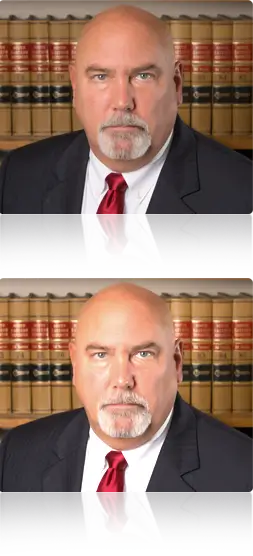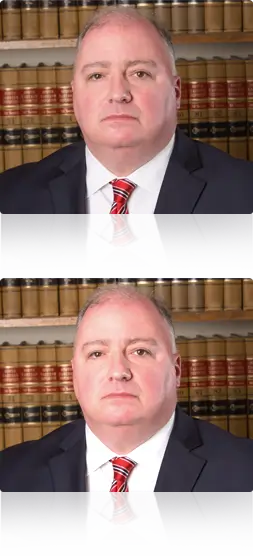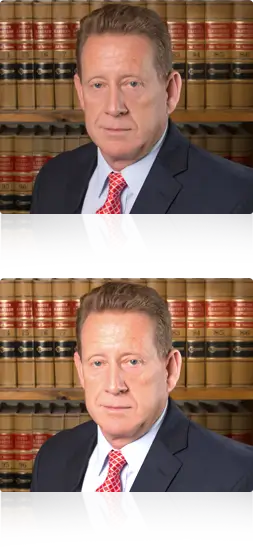Common Insurance Company Tactics After a Car Accident

If there’s a third thing in life that is as inevitable as death and taxes, it’s insurance companies looking out for themselves instead of their customers. Whenever you have a claim under your policy or another driver’s auto insurance policy, it can feel like the insurer is doing its best to pay as little as possible or to deny your claim outright. The sad truth is that if you’re filing a claim against the at-fault driver’s insurance after an auto accident, you can expect to be given the run-around and expect the insurer to do what they can to avoid a large payout. Below we discuss a few of the more common ploys auto insurance companies tend to use after car crashes. If you’ve been in an accident in West Virginia, call a seasoned Martinsburg car accident attorney for help getting what you are owed.
Pushing for a Quick Settlement
For many insurers, the primary goal is to pay you as little as possible after your accident. A secondary goal is to avoid court, which is costly and time-consuming. After your accident, the insurer of the at-fault driver may send a representative to you immediately; they might call you shortly after the accident or they may even visit you at home or the hospital. They’ll offer you cash in exchange for giving up your right to sue. They will try to pretend that they are on your side, trying to get you money as soon as possible.
If you get such an offer, it’s usually advisable to consult with an attorney before accepting. Chances are, it’s a lowball offer that is well below the true worth of your claim. They want you to accept before you have time to think about it and get legal help.
Arbitrary Deadlines to Accept Settlement
After they give you their lowball settlement, they may give you a short deadline to respond, such as 14 days or one month. They’ll say the offer expires when the time is up. This is a scare tactic meant to trick you into a low settlement. There’s no legal obligation to agree to a settlement so quickly, and there’s every chance you can continue negotiating after that point. In fact, it’s generally not a good idea to accept a settlement until you are well into your medical treatment and have a good estimate of your total costs. If the insurance company refuses to offer any settlement after their arbitrary deadline is up, you still are within your rights to sue.
Downplaying Your Injuries
Insurers will try to claim you are not seriously hurt and will use every tactic in the book to make that argument, including scouring your social media and having someone surveil you in public, or requiring you to submit to an examination conducted by a doctor on their payroll. This is a common tactic in every personal injury case.
Asking for a Written or Recorded Statement
The insurer may try to get you to give them a written statement, or they might ask to record a conversation with you early on. They are hoping to trip you up with a damaging answer to a question–even answering that you are “doing well” or “recovering nicely” can be used against you. You should only give a recorded statement to your own insurance company, and only with an attorney present to make sure you do not answer any questions you are not obligated to answer or make any statements that accidentally harm your case.
Blaming Your Injury on Pre-Existing Medical Conditions
In addition to downplaying your injuries, they might try to blame your current injuries on a pre-existing condition. They may even ask for your authorization for them to access your medical records. You are under no obligation to give them your past medical records, at least until you are ordered to do so by a court, during a lawsuit, and your attorney gives it an OK. You are certainly not obligated to do so right after the accident.
If you or a family member has been injured in a West Virginia car crash, please contact the experienced and successful auto accident injury lawyers of Burke, Schultz, Harman & Jenkinson by calling 304-263-0900 or (304) LAWYERS to schedule your free consultation.





